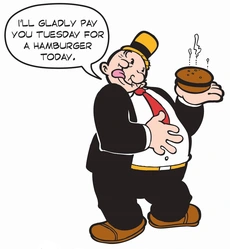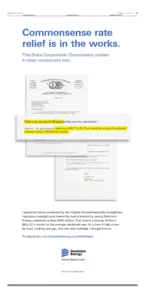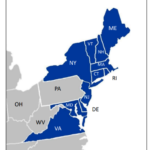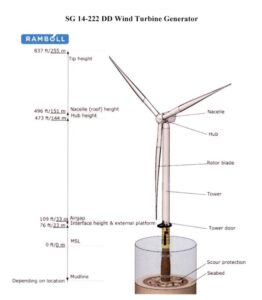 by Bill O’Keefe
by Bill O’Keefe
With the two chambers of the General Assembly politically divided, there is no hope for a bipartisan compromise on changing the Virginia Clean Economy Act. Without change, we are stuck with a radical energy policy that will enrich Dominion and leave consumers holding the bag. VCEA will stand as a monument to hubris.
There is one course of action that the Democrat-controlled Senate might be willing to accept, and that is subjecting Dominion’s approach to a “Red Team” review. If the GA can’t agree to do that type of review, the SCC could undertake it on its own.
The “Red Team” concept was developed by the Department of Defense to provide a means to realistically validate the strength and quality of strategies or policies by employing an outside perspective. A Red Team’s review evaluates whether a proposal is robust and complete. The use of red teaming has expanded broadly within government and the private sector.
Dominion and the Democrat Senate are by now so deeply committed to the offshore wind farm and to the VCEA mandates that it is impossible for either to take a fresh, objective look at either.
There are a number of reasons why a “Red Team” analysis is needed. Continue reading













 by William O’Keefe
by William O’Keefe

